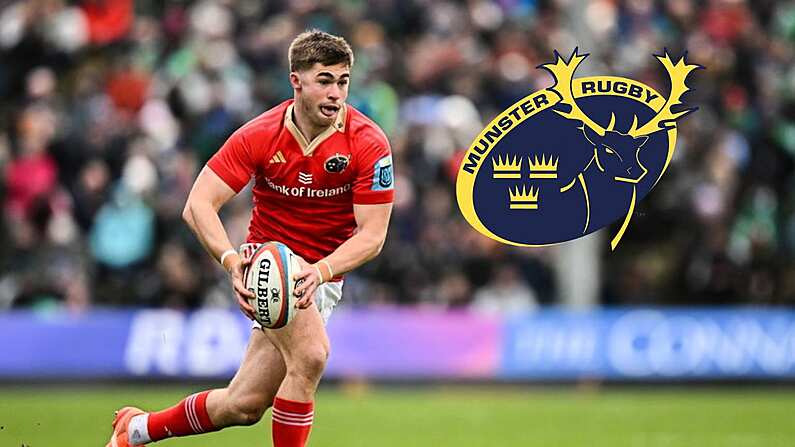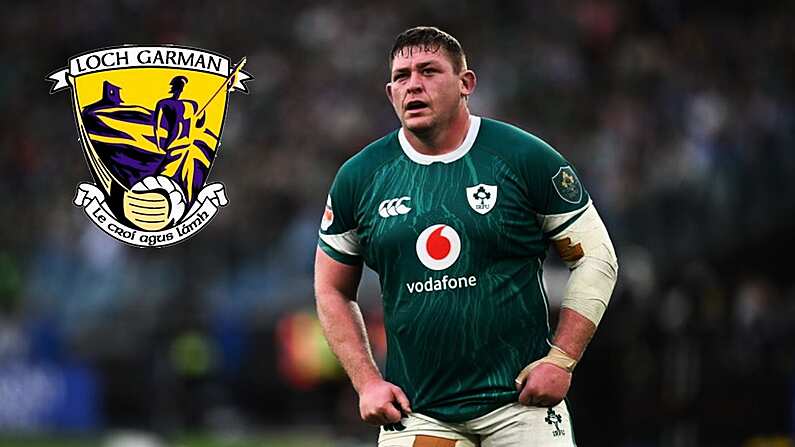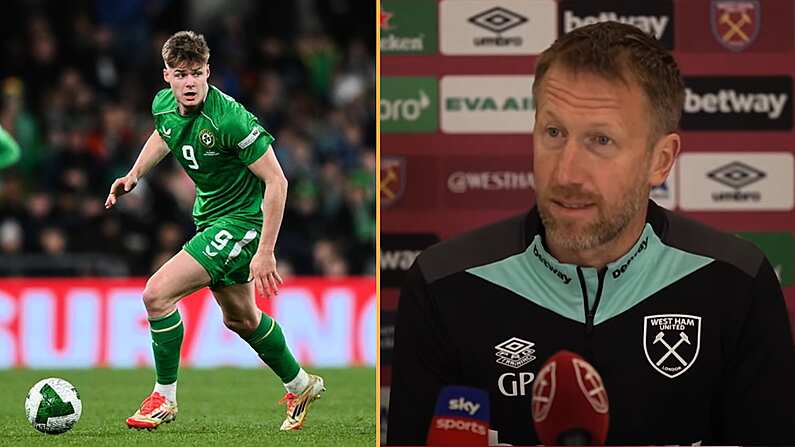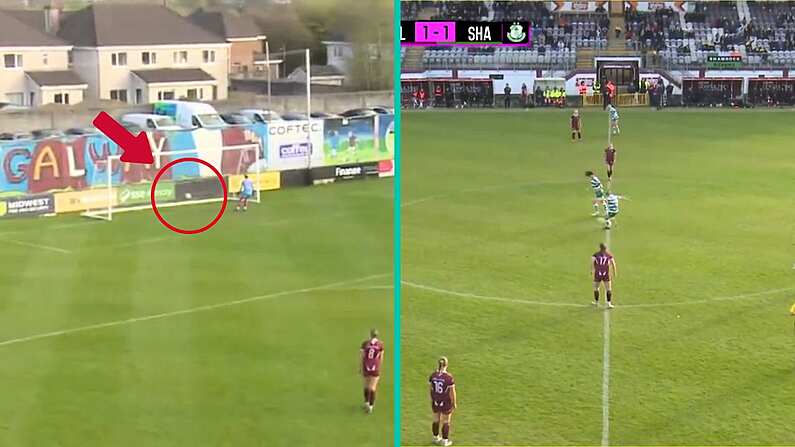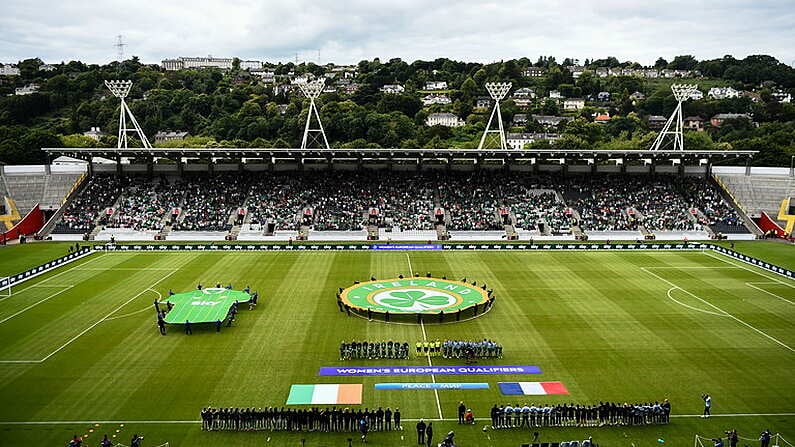Stoke City are set to have internal discussions after the fall-out from Irish international James McClean's poppy remembrance stance continues.
McClean posted on Instagram after Stoke's recent draw against Middlesborough. The Winger was subjected to boos and taunts from both sections of the fans and he took to social media in response.
To the home fans that are actually educated and support me, thank yous.. to the section of uneducated cavemen in left hand corner of the boothen end stand that want to song their anti irish song each game and call me a fenian this and that.. i am a PROUD FENIAN no c@#t will ever change that.
However, Sports writer Pete Smith has reported that the club will look into both McClean's treatment and his response. The club are attentive when it comes to players' social media and are reported to be discussing whether any internal action is necessary. They will also investigate any reports of racist or sectarian chanting.
It has since emerged, per the BBC, that the Football Association is also investigating the post as he described fans as "uneducated cavemen."
Speaking to the Stoke Sentinel, Angela Smith, chairwoman of Stoke fans’ council, claimed fans have asked for the issue to be discussed.
My personal view is that when you are in a situation like he was at the end of the match, from opposition and home fans, perhaps it would have been better if he hadn’t posted what he then did on social media to make sure he inflame did not the situation.
“I find it very difficult to condone people singing political songs at football but, again, it’s a democratic society. If people chant about racism or sectarianism that should not and will not be tolerated.
Prior to the game, Stoke City issued a statement saying that the club respects James McClean's right to not wear a Remembrance Day poppy against Middlesbrough and the upcoming game against Nottingham Forest.
The Ireland international has chosen to not wear a poppy during games for several years out of respect to the 14 people who were killed by British soldiers in Derry on Bloody Sunday in 1972.



